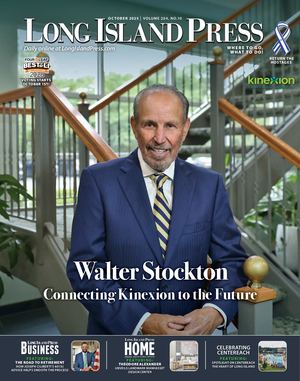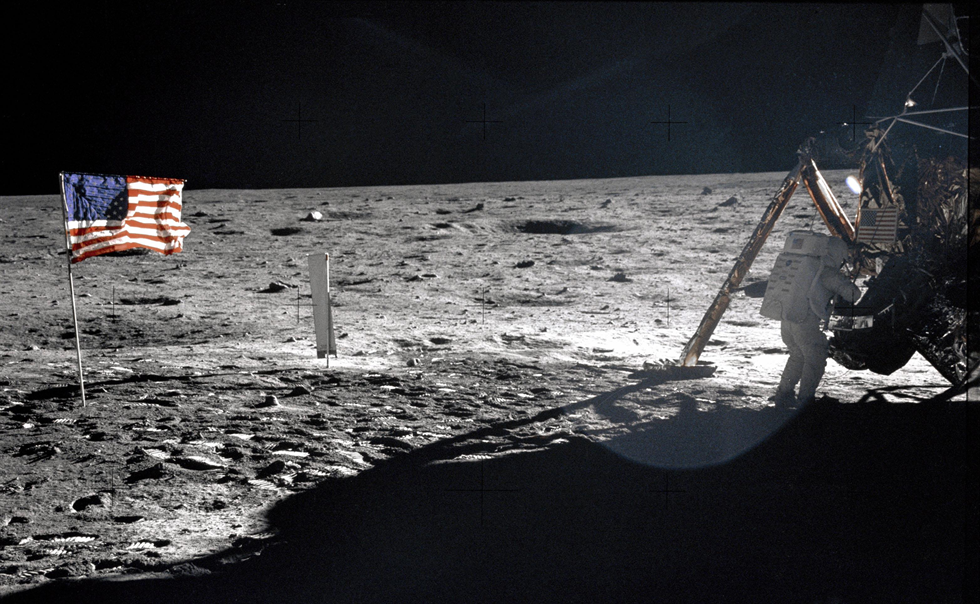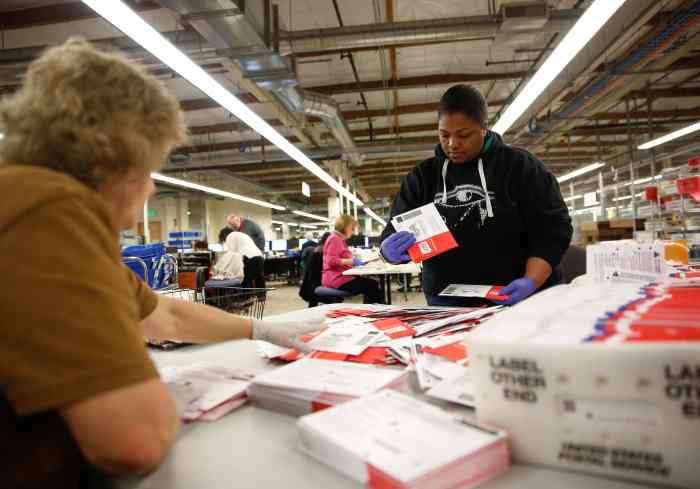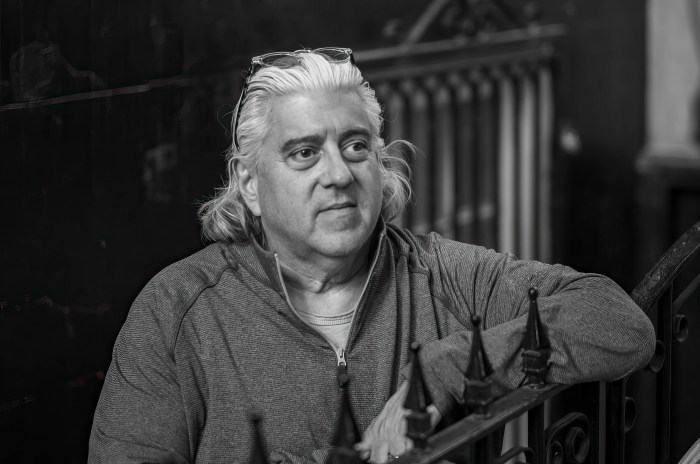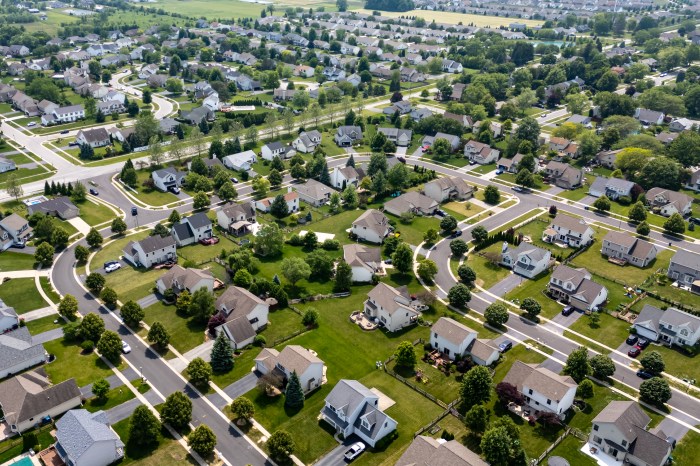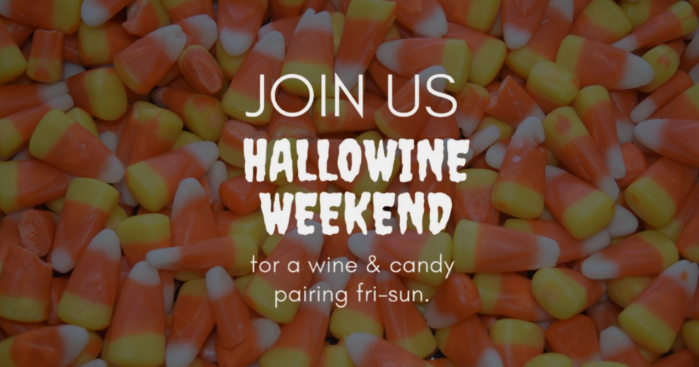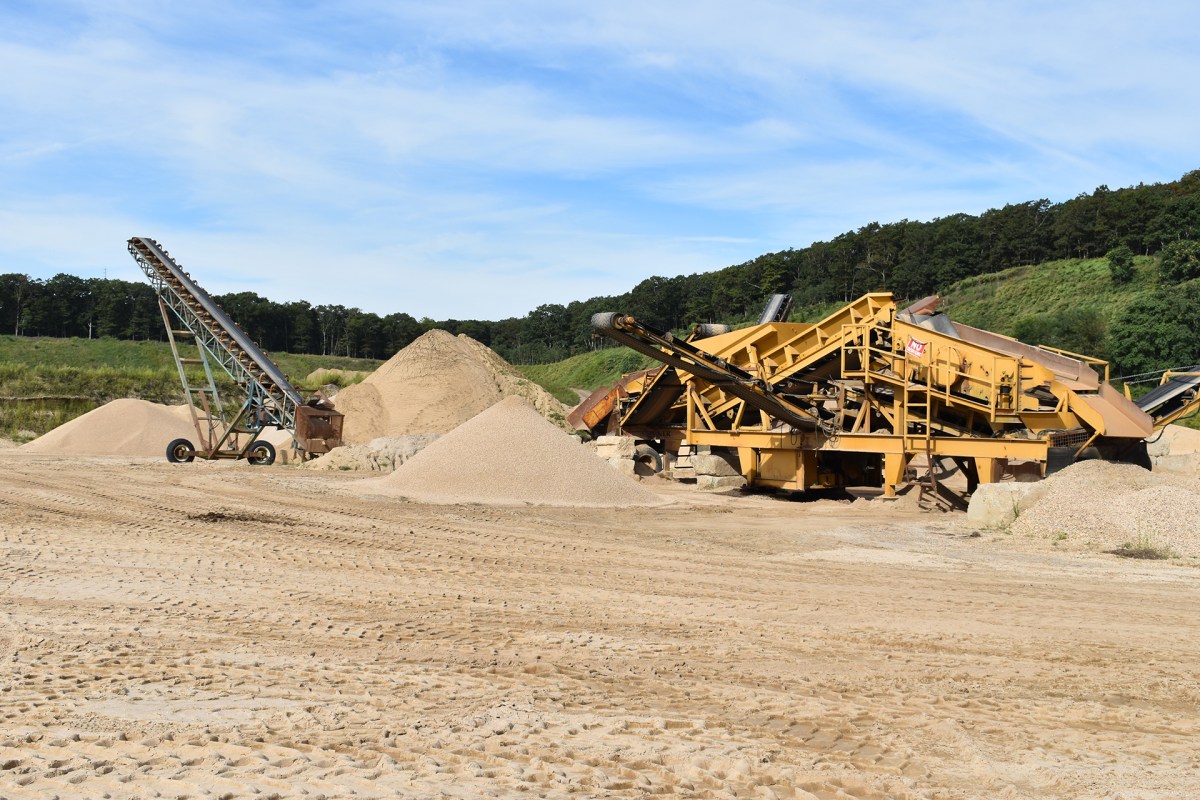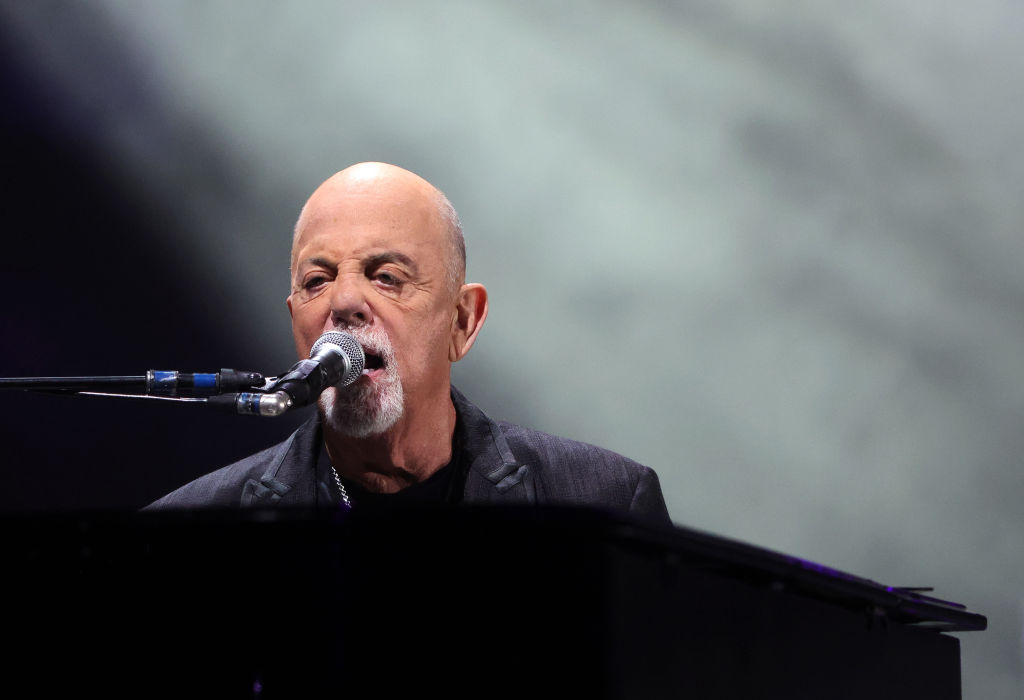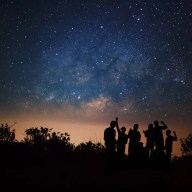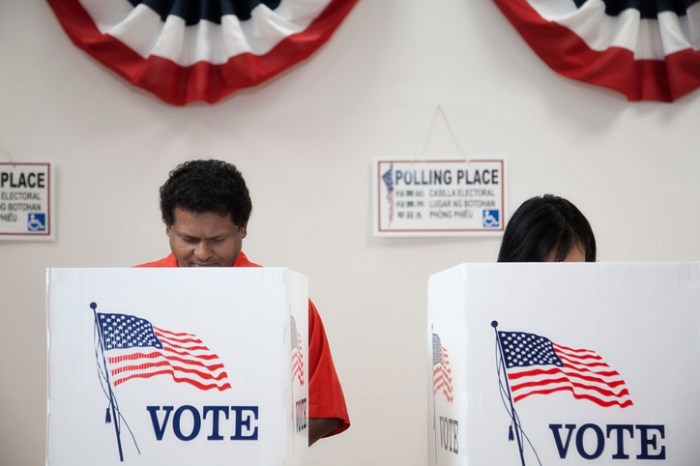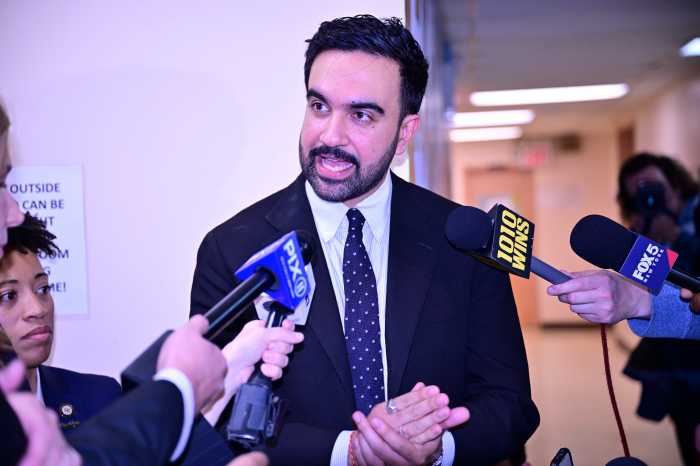Hurricanes unprecedented in their force tearing up the South.
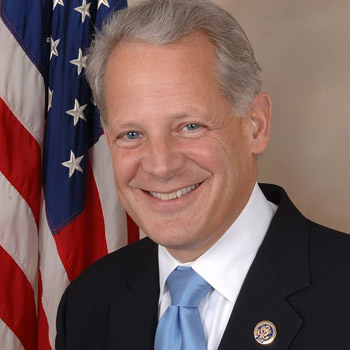
Unrelenting wildfires eating up Northern California.
Yet another gun massacre, this time in Nevada with a death toll topping the last one, and the one before that.
Our populace has seemingly more bitterly divided than ever before between pockets of deep reds and staunch blues.
For many, this is a dark time. Some fear this is the darkest time we have ever faced.
I’ve always said I wasn’t the smartest member of Congress, but I do believe I am the biggest student of history. And if history has proven anything, it’s that darkness can breed brilliance and resilience.
Darkness is when we get to work.
Want proof? Just look at Route 110, a blaze of pavement stretching from Huntington to Babylon, cutting a swath in Long Island’s grand commercial canyon.
Before World War II, the Route 110 corridor was mostly potato fields and pumpkin farms. And in the shock of the Pearl Harbor attack, a unique threat to our way of life, some Americans feared that this would be the darkest time we would ever experience.
But that generation of Americans turned farmland into factories and became the backbone of America’s middle class, the defenders of liberty around the world. They transformed those potato fields and pumpkin farms into the defense capital of America, with industrial plants, engineering companies, an airport and universities.
That generation crossed oceans, stormed beaches, liberated concentration camps, freed Europe, raced to the Pacific and won the war.
And when the war was over, they came back to a new job, that of turning Long Island into America’s greatest suburb.
And then we faced a new threat, symbolized by the staccato beeping of Sputnik overhead. Many Americans feared that this would be the darkest time we have ever had.
I’m reminded of the famous words by President John F. Kennedy at Rice University in 1962.
“We choose to go to the Moon in this decade and do the other things, not because they are easy, but because they are hard; because that goal will serve to organize and measure the best of our energies and skills, because that challenge is one that we are willing to accept, one we are unwilling to postpone, and one we intend to win.”
We were emboldened by the challenge. We looked across the black expanse of space and said, “We can go there, too.”
NASA did not land a man on moon, Long Islanders and the Long Island aerospace industry landed a man on the moon. Leaders like Leroy Grumman landed man on the moon, and we transformed Long Island from the defense capital of America to the aerospace capitol of America.
Kennedy’s words spurred a nation into action. They encouraged Americans to band together to do what was thought to be impossible.
Then, as now, the lesson is unchanged. We must not succumb to the darkness, but reach out to one another and get to work.
That’s what Long Islanders do.
